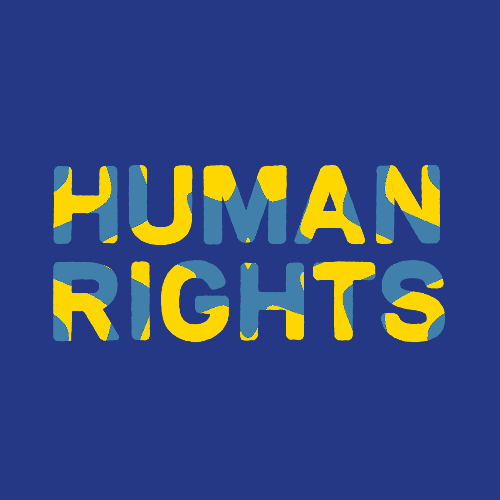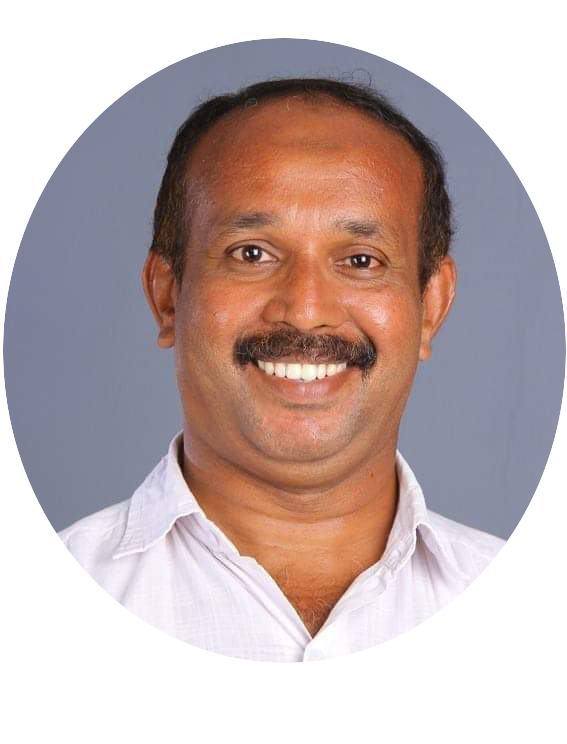


The Human Rights Organization, based at Delhi, is a national level official human rights organization of
millions of people spread over Kashmir to Kanyakumari. This great organization was formed to uphold the
ideals of our country and nation and to carry out good deeds and to protect human rights and to work with
the people with the message that human rights are fundamental rights of the people by upholding the motto
of unity in diversity, regardless of caste, creed or political affiliation. At the national level, the
Organization has an Expatriate Wing, a Women's Wing, a Students Wing, a Legal Cell, a Media Cell and a
Charity Wing. The Global Expatriate Wing operates in all countries to address the issues of expatriates at
the global level.
We assure you that the Human Rights Organization will always be with you, intervening for any legitimate
needs of the people and fighting for justice; engaging in the fields of public health, education, human
values, both physical and mental; to preserve humanity and religious harmony and to protect human rights,
regardless of caste or creed or political affiliation.
Let's move forward together with one mind in these activities ...
ഡൽഹി ആസ്ഥാനമാക്കി പ്രവർത്തനം നടത്തുന്ന ഹ്യൂമൻ റൈറ്റ്സ് ഓർഗനൈസേഷൻ ദേശീയ തലത്തിൽ
കശ്മീർ മുതൽ കന്യാകുമാരി വരെയുള്ള ജനകോടികളുടെ ആധികാരിക ദേശീയ മനുഷ്യാവകാശ സംഘടന ആയ ഹ്യൂമൻ റൈറ്റ്സ് ഓർഗനൈസേഷൻ
മനുഷ്യാവകാശം ജനങ്ങളുടെ മൗലികാവകാശം എന്ന സന്ദേശവുമായി ജനങ്ങളോടപ്പം നിന്ന് പ്രവർത്തനം നടത്തുവാനും ജാതി മത
വർണ്ണ വിത്യാസം ഇല്ലാതെ രാഷ്ട്രീയ ഭേദമന്യേ നാനാത്വത്തിൽ ഏകത്വമെന്ന മുദ്രാവാക്യം മുറുകെ പിടിച്ചു കൊണ്ട്
നമ്മുടെ നാടിന്റെയും രാജ്യത്തിന്റെയും യശസ് വാനോളം ഉയർത്തി പിടിച്ചു നന്മകൾ നിറഞ്ഞ പ്രവർത്തനങ്ങൾ നടത്തുവാനും
മനുഷ്യാവകാശ സംരക്ഷണത്തിനുമായാണ് ഈ മഹത്തായ സംഘടനക്ക് രൂപം നൽകിയത്. ദേശീയ തലത്തിൽ സംഘടനക്ക് പ്രവാസി വിങ്ങും
വനിതാ വിങ്ങും വിദ്യാർത്ഥി വിഭാഗവും ലീഗൽ സെല്ലും മീഡിയ സെല്ലും ചാരിറ്റി വിങ്ങും പ്രവർത്തനം നടത്തുന്നു.
പ്രവാസികളുടെ വിഷയങ്ങൾ പരിഹരിക്കാൻ ഗ്ലോബൽ പ്രവാസി വിംഗ് ഗ്ലോബൽ തലത്തിൽ എല്ലാ രാജ്യങ്ങളിലും പ്രവർത്തനം
നടത്തുന്നു. പൊതു ജനങ്ങളുടെ ഏത് ന്യായമായ ആവശ്യങ്ങൾക്ക് വേണ്ടി ഇടപെടൽ നടത്തി നീതി ലഭ്യമാക്കുവാൻ പോരാടുകയും
പൊതു ജനങ്ങളുടെ ആരോഗ്യ വിദ്യാഭ്യാസ മേഖലയിലും ശാരീരികവും മാനസികവും ആയ മാനുഷിക മൂല്യങ്ങൾക്ക് വേണ്ടിയും
മാനവികതയും മത സൗഹാർദ്ദതയും കാത്തു സൂക്ഷിക്കുവാനും ജാതി മത വർണ്ണ വിത്യാസം ഇല്ലാതെ രാഷ്ട്രീയ ഭേദമന്യേ
മനുഷ്യാവകാശം സംരക്ഷിക്കുവാനും ഹ്യൂമൻ റൈറ്റ്സ് ഓർഗനൈസേഷൻ എന്നും നിങ്ങളോടപ്പം ഉണ്ടാകുമെന്നു ഉറപ്പ് നൽകുന്നു.
ഈ പ്രവർത്തനങ്ങളിൽ ഒരുമിച്ചു ഒരേ മനസോടെ നമ്മൾക്ക് മുന്നോട്ട് പോകാം...

 JASIM KANDAL
JASIM KANDAL